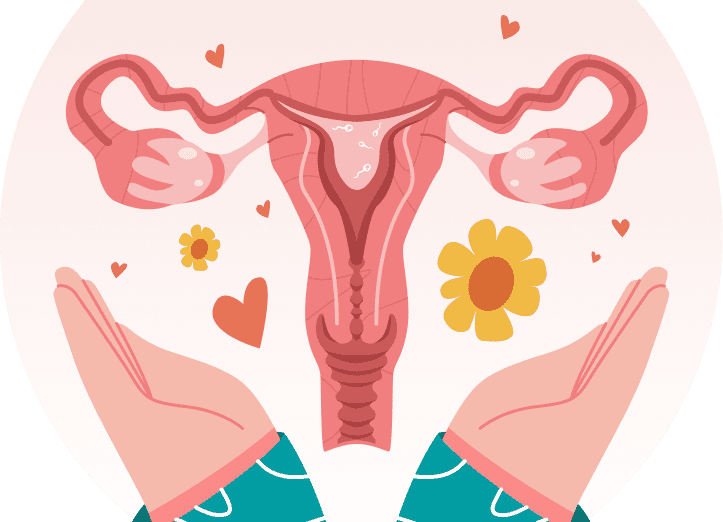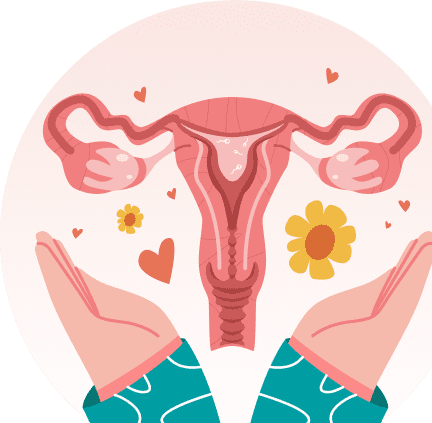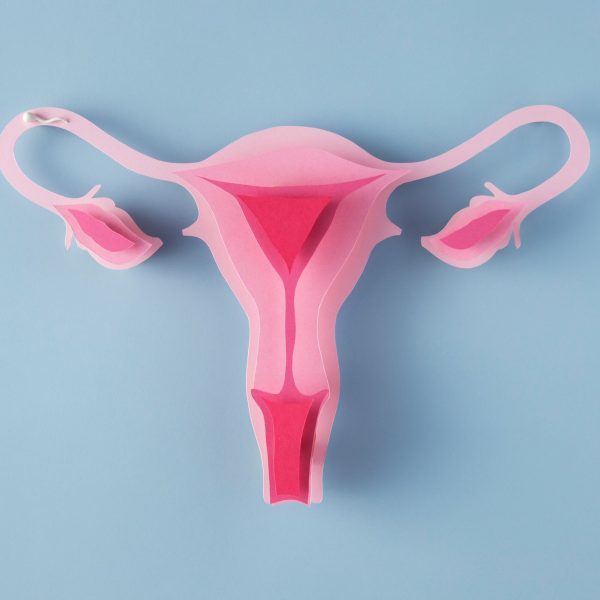Manging PCOS can be tricky. While the internet is flooded with things to do and avoid — it can be challenging to know what works best for you. No two bodies are alike and thus, the degree or symptoms of PCOS also differ from person to person.
Polycystic ovarian syndrome (PCOS) could be genetic or environmental factors that could be playing an important role in the pathology of the chronic ailment. There’s no cure for PCOS, but your symptoms can be managed by making some lifestyle changes. Therefore, making simple lifestyle changes can go a long way.
Nutrition & PCOS
A well-balanced diet helps the body manage chronic ailments. Reducing carbohydrates and refined sugars may sound generic but carbohydrates directly play a big role in insulin formation. Glucose in our body can interfere with insulin. Limiting carbohydrates also helps keep blood sugar levels in check. The perfect diet includes – healthy carbohydrates, such as vegetables and fruits; lean meats, such as poultry; fish; and high-fibre grains. Low glycemic index and low-sugar foods also help in managing PCOS. release insulin slowly and steadily, making it easier for your body to use food as energy rather than store it as fat.
Foods high in fibre also help control blood sugar levels. These foods help release insulin, helping the body to use foods as energy rather than storing them as fats. Try to avoid refined carbs, in processed and packaged foods, especially white flour, rice, potatoes, and sugar. One should also avoid soda, sugary juices and other aerated beverages.
Opt for whole grains like oats, brown rice, and quinoa. Ensure that you consume lots of legumes, pulses, nuts, seeds, and raw fruits as well that are not hard on the bowel, digest slowly and don’t impact insulin levels in the body. Protein is super important for the body too and is also known to manage weight.
More than knowing what to do, knowing what not to do in PCOS can be helpful. Avoid smoking or consuming alcohol as they are empty calories and harmful to the body. Avoid indulging in any sort of intoxication or consuming harmful substances, these directly impact your menstruation.
Exercise & PCOS
Losing a little weight can go a long way too and is often recommended by doctors to ensure the hormonal balance in the body returns. Losing as little as 5-10 per cent of body weight can result in significant symptom improvement, and restore ovulation. Reducing overall calorie intake is one of the most crucial factors for weight loss. Although not all overweight women have PCOS, being obese does have a lot of health-related issues associated that result in dysfunctioning in the body. Exercising regularly is a great way to go about this. The best type of exercise is one that you’ll do regularly. Aerobic exercise includes brisk walking, biking, swimming, and more. Resistance training includes exercises that improve your endurance and muscle strength.
Read more: Are PCOS and Diabetes correlated?
Yoga for Managing PCOS
Practising yoga helps decrease testosterone levels. More specifically, women who practice a one-hour yoga class three times a week reduced testosterone levels by a significant amount. It also helps in relieving stress, enhancing fertility and providing much-needed massage to the digestive organs, improving their functioning and metabolism. Butterfly pose, cobra pose and bow pose are some of the poses that will help in easing the symptoms of PCOS.
It is important to understand that while PCOS cannot be permanently cured through some formula or pill, making these diet and lifestyle changes helps you manage your symptoms, improve fertility, and lead fulfilled lives.
Read More: 6 Things People With PCOS Want You To Know




















Share this article